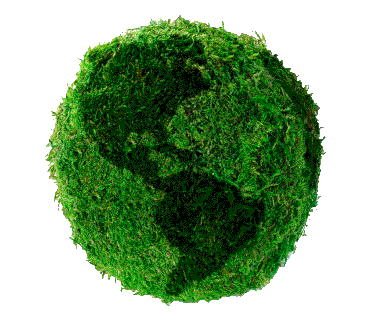08 September 2008 by M&C
It is estimated that the arctic regions contain 25% of the earth's stocks of oil and gas. Over the next few years TU Delft will focus on Arctic Engineering, the environmentally-friendly application of offshore technology in arctic regions. Prof. Kees Willemse will announce this in his inaugural address on Wednesday 10 September.
Large quantities of gas have been found in the Russian sector of the Arctic Ocean. The Russian and Dutch governments recently formed an alliance to undertake extraction using Dutch technology. Prof. Kees Willemse: 'One major priority for our TU Delft Offshore Engineering research group over the next few years will be the environmentally-friendly application of offshore technology in arctic regions. We intend to set up a Centre of Excellence for Arctic Engineering.'
The environment
'It is estimated that the arctic regions contain 25% of the earth's stocks of oil and gas. Working conditions in the arctic regions are of course extremely difficult, but the high oil price, combined with geopolitical relations and the demand for more energy mean that extraction is becoming more likely. Today's technology also makes it feasible,' Willemse explains.
'We particularly wish to tap into our extensive experience of designing fixed and floating offshore constructions. We can put our expertise in steel, concrete and geotechnology to good use, and also that of mechanics and hydrodynamics. Our materials science colleagues also face a challenge here, as many materials behave differently at minus 40 degrees Celsius than at room temperature. The Aerospace Engineering faculty can also help to measure ice thickness using its remote sensing and radar technology and monitor environmental effects. In addition to the technical challenge we face, this is more than ever an opportunity and responsibility to approach the arctic environment with great care and to avoid ecological disasters,' Willemse adds.
Ice management
The TU Delft Offshore Engineering research group has already conducted a great deal of related research. Ice mechanics and calculation models are used to analyse ice loads for instance. This research has already been implemented at the Lunskoye platform in Sakhalin.
Another aspect is the possibility of a collision with an iceberg. Models have been developed which calculate the energy and power involved in a collision. Several dozen icebergs occur each year in the Arctic Ocean to the north of Nova Zembla, each of which may be a million cubic metres in size. Ice management attempts to alter the direction of icebergs slightly.
TU Delft is also researching the feasibility of mooring systems in the extreme arctic winter and the complexity of LNG (liquid natural gas) terminals in drift ice.
Bold enterprises
Arctic engineering may be a major theme in Willemse's inaugural address, but is certainly not the only one. Willemse: 'One major item is that we do not take any technologically-irresponsible leaps into the unknown but rather conduct 'bold scientific enterprises'. Science and innovative design are the means to continue pushing back frontiers. Arctic Engineering is an exponent of this.'
More information
Prof. C.A. Willemse, MBA, +31 (0)15 2784777, C.A.Willemse@tudelft.nl
The text of the speech may be requested - under embargo - from:
Science Information Officer Roy Meijer, +31 (0)15 2781751, r.e.t.meijer@tudelft.nl
miércoles, 12 de mayo de 2010
Suscribirse a:
Enviar comentarios (Atom)


No hay comentarios:
Publicar un comentario